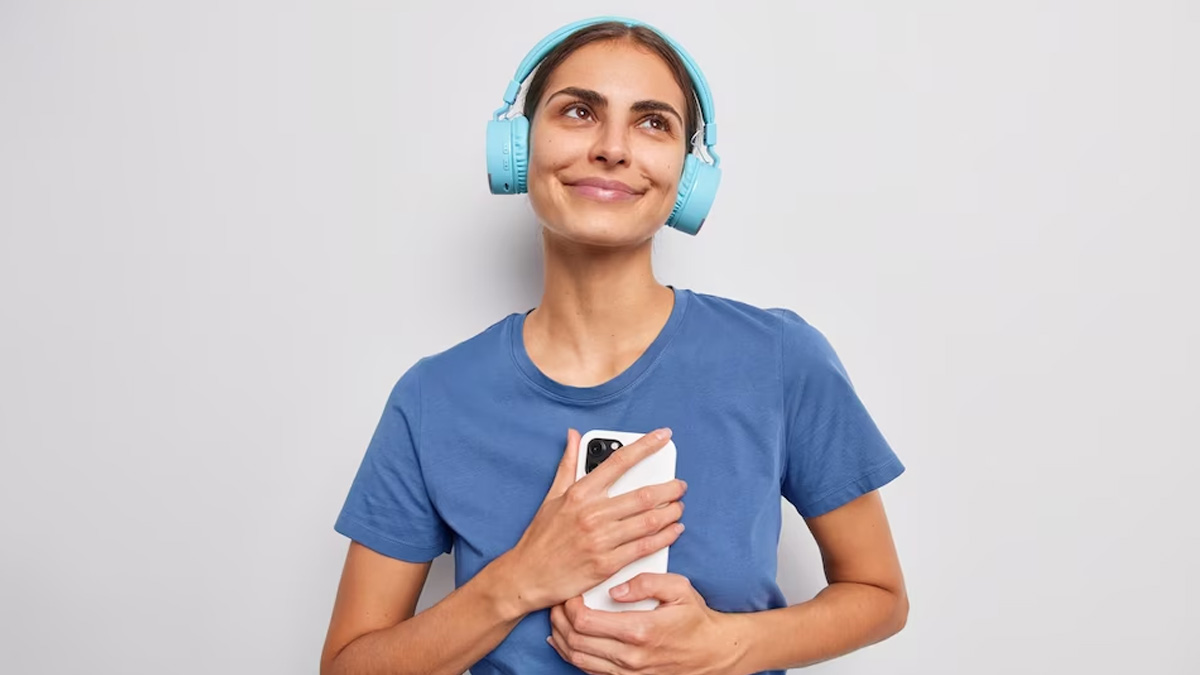
Do you often find yourself lost in music, podcasts, or calls, with your trusty headphones or earphones plugged in? These little devices have become essential companions in our daily lives, delivering a personalised auditory experience. But have you ever wondered about the impact they might be having on your ears? We spoke to Dr EV Raman, Consultant Ear, Nose and Throat, Manipal Hospital Old Airport Road, Bengaluru, who explained the impact of these devices and which one is better for your ears.
Table of Content:-

Dr Raman said, “The usage of headphones and earphones has significantly increased in leaps and bounds since the COVID-19 pandemic began, serving purposes like work, education, and entertainment. However, we should be cautious regarding their impact on our ears since the exposure to noise remains the same in both headphones and earphones.”
Dr Raman highlighted, “Prolonged exposure to noise levels exceeding 70 decibels (dB) for 24 hours can harm the cochlea's hair cells.” Both headphones and earphones are digital and can lead to sudden, unnoticed increases in volume due to their automatic nature. Therefore, it's advisable to use them in moderation and at appropriate decibel levels.
According to a study by researchers at Wroclaw University of Science and Technology, it was found that using in-ear and close headphones for approximately three hours on average leads to a hearing loss of 10-15 dB HL in higher frequencies.
Also Read: Ignoring Your Hearing Ability? Expert Explains The Importance Of Early Detection For Hearing Loss

Headphones VS Earphones: Which is Better?
Dr Raman informed, “Between earphones and headphones, both devices face challenges, such as environments with background noise, where people tend to raise the volume to overcome the ambient noise. Earphones often lead to increased volume due to this reason.” However, headphones have an advantage because it provides a muff around the ear, which effectively cancels the outside sound. This reduces the tendency to increase the volume as you can hear much better at lower volumes due to no ambient noise, so it is relatively considered a safer option.
Dr Raman added, “Earphones have another challenge wherein even small amounts of earwax can obstruct sound ports, causing users to increase the volume unknowingly.” But, headphones are less affected by earwax since it doesn’t block hearing unless the earwax is completely blocking the ear. The only other problem that people may complain of headphones is that you have to wear a device.
Also Read: Cochlear Implants: A Game-Changer Solution For Hearing Loss

Long-Term Effects of Using Earphones and Headphones
Long-term effects from either device's usage can be damaging. Consistent exposure to noise above 70 dB for extended periods can harm inner ear hair cells. This damage is common to both devices and depends on the volume level. Dr Raman added, “This outcome is similar for both devices, as the extent of damage correlates with sound volume. The volume tendency differs between headphones and earphones, with headphones generally promoting lower volume use due to their design. Earphones, on the other hand, can demand higher volumes to overcome ambient noise.”
A sudden increase in volume can also immediately damage the ear, representing chronic and abrupt exposure. Instances like being near a loudspeaker that suddenly amplifies can initially lead to temporary threshold shifts. However, continuous exposure transforms this into a permanent threshold shift, resulting in irreversible hearing loss over time.

Tips to Use Headphones and Earphones Safely
Dr Raman listed some tips you should follow while using these devices:
- Take breaks during the usage of both headphones and earphones. If you are listening continuously for 1-3 hours, consider taking a break for about five to 10 minutes. More than 3 hours of continuous usage puts you at risk of hearing loss.
- Remember to always increase the volume gradually and maintain a lower volume level that is comfortable for you.
- Headphones are safer in noisy environments, as they reduce the need to raise the volume by cutting off the outside sound.
- Avoid continuous usage above 70 dB, especially when you’re enjoying movies or music. It is quite dangerous because the impulse noise can exceed 70 DB and can cause sudden damage to the ear.
Disclaimer
The information in this article is shared by a registered healthcare professional and is for informational purposes only. Hence, we advise you to consult with your expert if you have any queries or face any complications.
Also watch this video
How we keep this article up to date:
We work with experts and keep a close eye on the latest in health and wellness. Whenever there is a new research or helpful information, we update our articles with accurate and useful advice.
Current Version